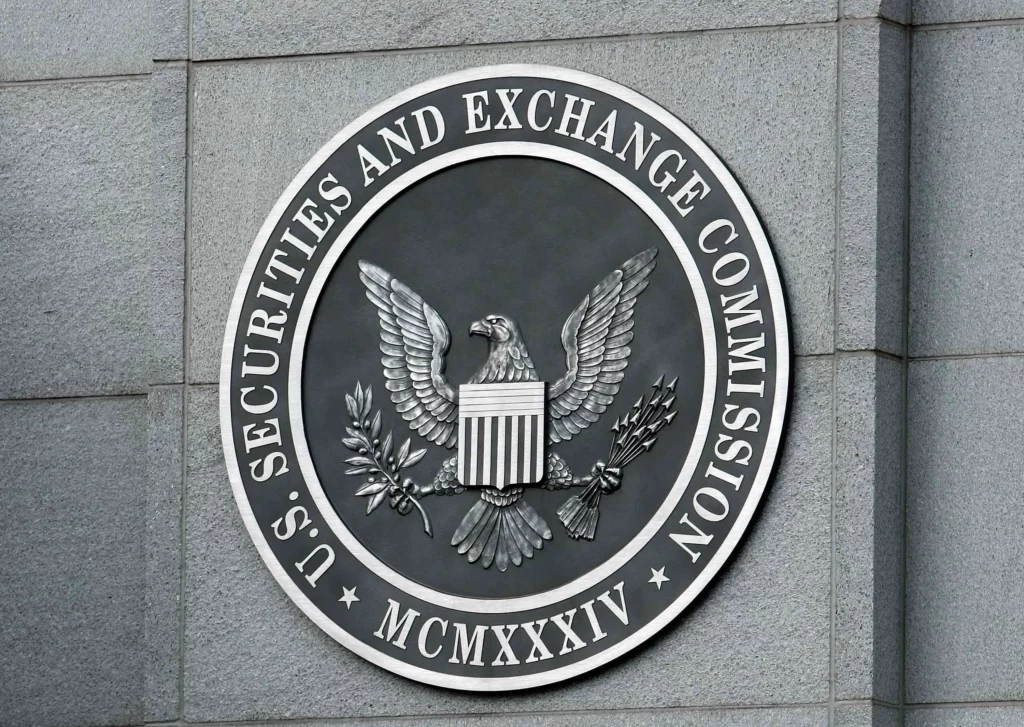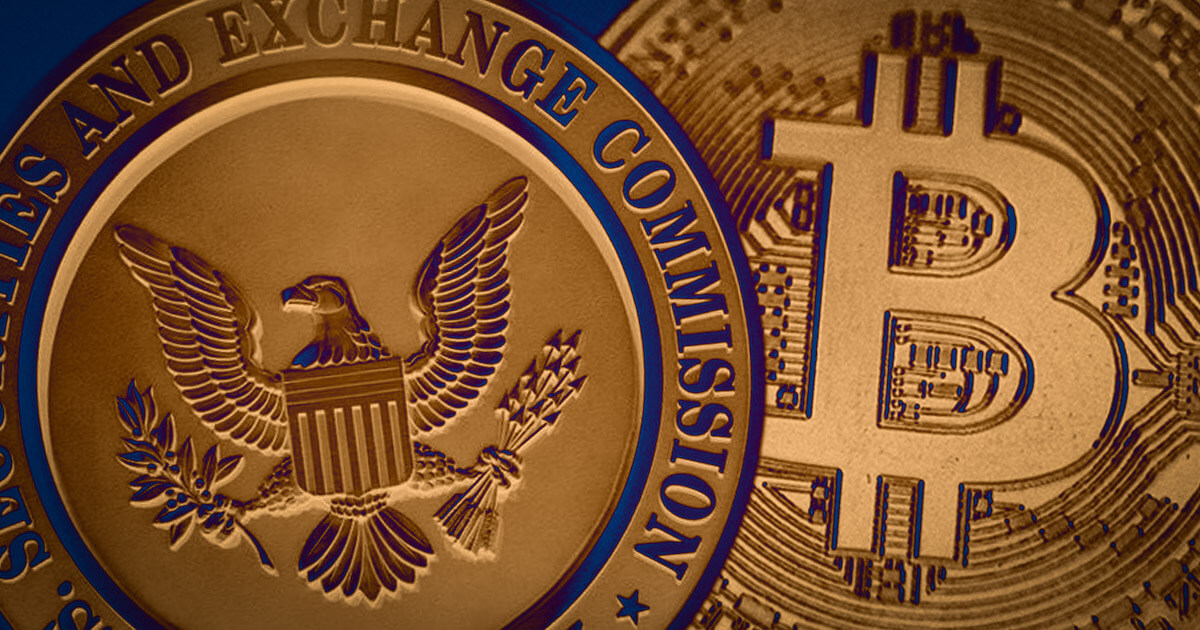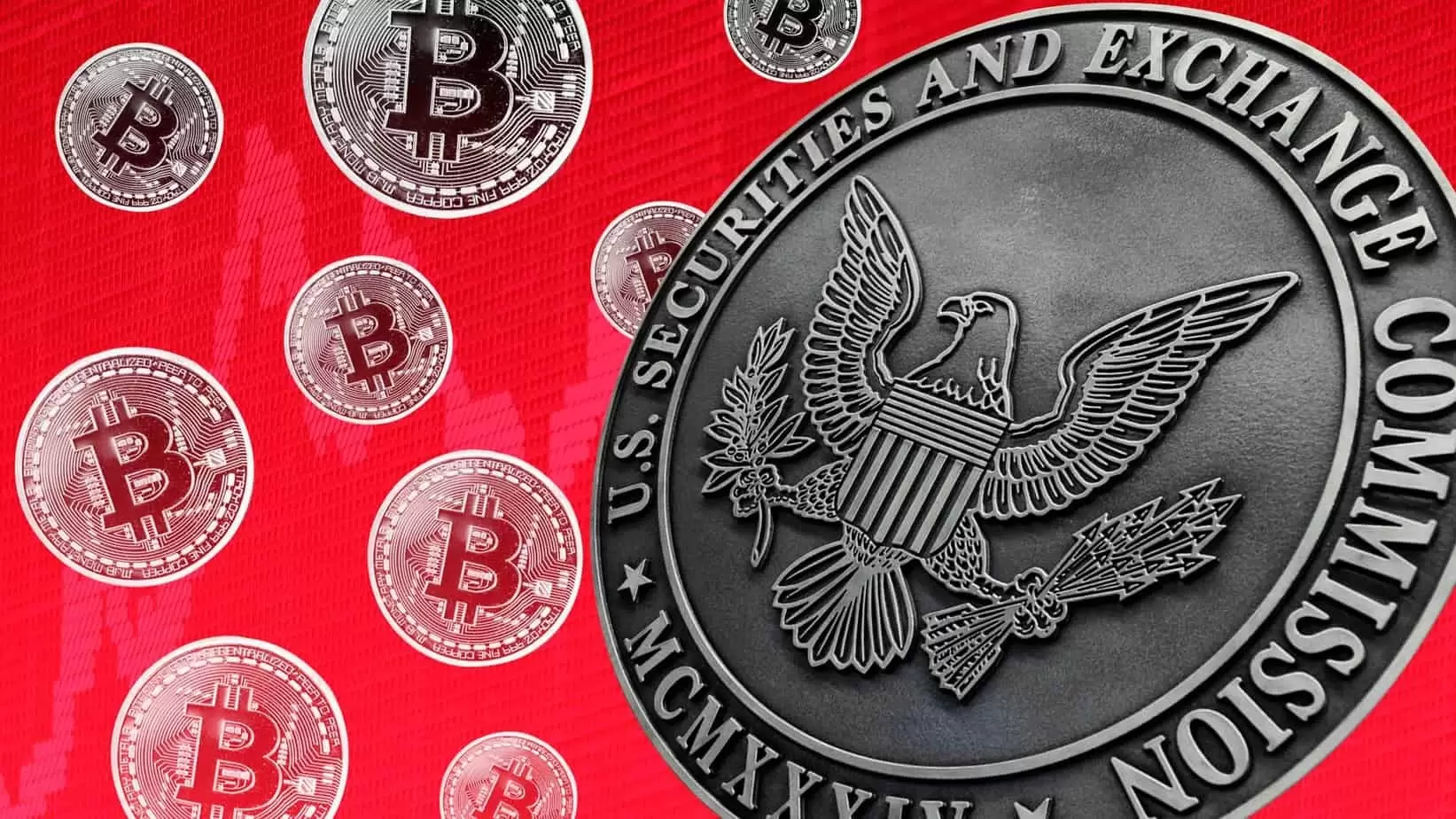The Potential Implications of ETF Rejection: A Comprehensive Exploration Introduction:

The Potential Implications of ETF Rejection: A Comprehensive Exploration Introduction: Exchange-Traded Funds (ETFs) have become a staple in the world of finance, providing investors with diversified exposure to various asset classes. However, the question arises: what happens if an ETF faces rejection or fails to gain acceptance by regulatory authorities? In this comprehensive article, we will delve into the potential consequences, both for the ETF issuer and the broader financial markets. Understanding Exchange-Traded Funds: Before exploring the potential ramifications of ETF rejection, it is crucial to understand the nature and functioning of ETFs. These investment vehicles combine features of both stocks and mutual funds, offering investors a way to gain exposure to a diversified portfolio of assets, such as stocks, bonds, or commodities. Unlike traditional mutual funds, ETFs are traded on stock exchanges, allowing investors to buy and sell shares throughout the trading day at market prices. The ETF Approval Process: The journey of an ETF from inception to market involves a meticulous approval process overseen by regulatory bodies such as the U.S. Securities and Exchange Commission (SEC). This process includes a thorough examination of the fund's structure, investment strategy, and compliance with regulatory guidelines. The goal is to ensure that the ETF is transparent, adequately diversified, and poses minimal risks to investors. Potential Reasons for ETF Rejection: Several factors could lead to the rejection of an ETF application. The regulatory body may have concerns about the fund's transparency, the accuracy of its pricing mechanism, or the potential for market manipulation. Additionally, if the underlying assets are deemed too illiquid or the fund lacks proper risk management measures, the application may face rejection. Implications for the ETF Issuer:  1. **Financial Setback:** If an ETF application is rejected, the issuer incurs significant financial costs associated with the application process. This includes legal and administrative expenses, as well as the resources invested in developing the fund's structure and strategy. 2. **Reputation Damage:** ETF rejection can tarnish the reputation of the issuer, potentially eroding investor confidence. This reputational damage may extend beyond the specific ETF in question, affecting the issuer's overall standing in the market. 3. **Strategic Reevaluation:** Issuers often need to reassess their strategic goals and may need to make adjustments to their ETF offerings or pursue alternative investment vehicles. This process requires additional time and resources. Market Impact: 1. **Investor Confidence:** The rejection of an ETF application can create uncertainty among investors, impacting their confidence in the regulatory process and the market's ability to efficiently introduce new investment products. 2. **Market Volatility:** Market participants may react to ETF rejection by adjusting their portfolios or hedging against potential market disruptions. This reaction can lead to increased volatility, affecting not only the rejected ETF's underlying assets but also related sectors and indices. 3. **Reduced Liquidity:** The absence of an approved ETF may limit liquidity in the affected asset class, as ETFs often contribute to market liquidity by providing an easily tradable instrument for investors. Global Considerations: The implications of ETF rejection extend beyond national borders, affecting global investors and interconnected financial markets. In an increasingly interconnected world, the rejection of an ETF in one jurisdiction can influence investment decisions and strategies worldwide. Mitigating the Impact: 1. **Enhanced Transparency:** ETF issuers can proactively address regulatory concerns by enhancing transparency in their fund structures, holdings, and operations. Clear communication with regulatory bodies may increase the likelihood of approval.
1. **Financial Setback:** If an ETF application is rejected, the issuer incurs significant financial costs associated with the application process. This includes legal and administrative expenses, as well as the resources invested in developing the fund's structure and strategy. 2. **Reputation Damage:** ETF rejection can tarnish the reputation of the issuer, potentially eroding investor confidence. This reputational damage may extend beyond the specific ETF in question, affecting the issuer's overall standing in the market. 3. **Strategic Reevaluation:** Issuers often need to reassess their strategic goals and may need to make adjustments to their ETF offerings or pursue alternative investment vehicles. This process requires additional time and resources. Market Impact: 1. **Investor Confidence:** The rejection of an ETF application can create uncertainty among investors, impacting their confidence in the regulatory process and the market's ability to efficiently introduce new investment products. 2. **Market Volatility:** Market participants may react to ETF rejection by adjusting their portfolios or hedging against potential market disruptions. This reaction can lead to increased volatility, affecting not only the rejected ETF's underlying assets but also related sectors and indices. 3. **Reduced Liquidity:** The absence of an approved ETF may limit liquidity in the affected asset class, as ETFs often contribute to market liquidity by providing an easily tradable instrument for investors. Global Considerations: The implications of ETF rejection extend beyond national borders, affecting global investors and interconnected financial markets. In an increasingly interconnected world, the rejection of an ETF in one jurisdiction can influence investment decisions and strategies worldwide. Mitigating the Impact: 1. **Enhanced Transparency:** ETF issuers can proactively address regulatory concerns by enhancing transparency in their fund structures, holdings, and operations. Clear communication with regulatory bodies may increase the likelihood of approval.  2. **Robust Risk Management:** Implementing robust risk management measures, such as stress testing and liquidity assessments, can mitigate concerns related to the fund's stability and resilience, potentially improving the chances of regulatory approval. 3. **Educating Investors:** Issuers can play a role in educating investors about the regulatory approval process, potential risks, and the benefits of ETF investments. This can foster a better understanding of the investment vehicle and its role in diversified portfolios. Conclusion: The rejection of an ETF has multifaceted implications, affecting not only the issuer but also investors and the broader financial markets. As the popularity of ETFs continues to grow, regulatory scrutiny will likely intensify. Issuers must navigate the evolving landscape, addressing concerns raised by regulatory bodies and demonstrating the resilience and transparency of their investment products. Investors, on the other hand, should stay informed about the regulatory processes governing ETFs and carefully assess the potential impact of rejection on their portfolios. In this dynamic environment, a nuanced understanding of the ETF ecosystem is essential for all stakeholders involved.
2. **Robust Risk Management:** Implementing robust risk management measures, such as stress testing and liquidity assessments, can mitigate concerns related to the fund's stability and resilience, potentially improving the chances of regulatory approval. 3. **Educating Investors:** Issuers can play a role in educating investors about the regulatory approval process, potential risks, and the benefits of ETF investments. This can foster a better understanding of the investment vehicle and its role in diversified portfolios. Conclusion: The rejection of an ETF has multifaceted implications, affecting not only the issuer but also investors and the broader financial markets. As the popularity of ETFs continues to grow, regulatory scrutiny will likely intensify. Issuers must navigate the evolving landscape, addressing concerns raised by regulatory bodies and demonstrating the resilience and transparency of their investment products. Investors, on the other hand, should stay informed about the regulatory processes governing ETFs and carefully assess the potential impact of rejection on their portfolios. In this dynamic environment, a nuanced understanding of the ETF ecosystem is essential for all stakeholders involved.
The Securities and Exchange Commission (SEC) plays a crucial role in the cryptocurrency space, particularly concerning Bitcoin and other digital assets. While Bitcoin operates on decentralized principles and is not directly regulated by any central authority, its interaction with traditional financial systems and investment structures often brings it under the scrutiny of regulatory bodies like the SEC. Here are several reasons highlighting the importance of the SEC in the context of Bitcoin: 1. **Investor Protection:** The SEC's primary mandate is to protect investors. In the cryptocurrency market, where scams and fraudulent activities are not uncommon, the SEC plays a vital role in safeguarding investors from misleading information, fraudulent schemes, and unscrupulous actors. By regulating certain aspects of the crypto space, the SEC aims to ensure that investors have access to accurate and transparent information before making investment decisions. 2. **Regulation of Securities:** The SEC determines whether a particular cryptocurrency or initial coin offering (ICO) falls under the category of a security. If a cryptocurrency is deemed a security, it falls under the regulatory purview of the SEC. This determination is crucial for ensuring that issuers comply with securities laws, including registration requirements and disclosure obligations. Bitcoin, being decentralized and lacking a central issuer, is generally not considered a security. However, certain investment products tied to Bitcoin, such as exchange-traded funds (ETFs), may fall under SEC scrutiny. 3. **Market Integrity:** The SEC is concerned with maintaining fair and efficient markets. In the context of Bitcoin, market manipulation, fraud, and other illicit activities can impact market integrity. The SEC investigates and takes enforcement actions against individuals or entities engaged in market manipulation, ensuring that the market operates transparently and fairly. 
4. **Emerging Financial Technologies:** The SEC recognizes the impact of emerging financial technologies, including blockchain and cryptocurrencies, on traditional financial markets. As Bitcoin and other digital assets gain popularity, the SEC seeks to strike a balance between fostering innovation and protecting investors. The regulatory framework established by the SEC can provide clarity for market participants and encourage responsible development within the industry. 5. **Institutional Participation:** The involvement of institutional investors in the cryptocurrency market is increasing. Institutional investors often require a clear regulatory framework to enter and operate in a market. The SEC's involvement and establishment of regulatory guidelines can encourage institutional participation, bringing more legitimacy to the overall cryptocurrency ecosystem. 6. **Global Influence:** The SEC's decisions and regulatory stance on Bitcoin often set a precedent and influence regulatory approaches globally. Many countries look to the SEC for guidance when developing their regulatory frameworks for cryptocurrencies. As a result, the SEC's actions can impact the international perception and acceptance of Bitcoin. 
7. **Anti-Money Laundering (AML) and Know Your Customer (KYC) Compliance:** The SEC, along with other regulatory bodies, addresses concerns related to money laundering and terrorist financing in the cryptocurrency space. By imposing AML and KYC regulations, the SEC aims to ensure that participants in the Bitcoin market adhere to strict identification and reporting requirements, contributing to overall financial system security. In conclusion, while Bitcoin operates on a decentralized and permissionless network, its intersection with traditional finance and investment products brings it into the regulatory sphere, with the SEC playing a significant role in shaping the regulatory landscape for digital assets. The SEC's oversight aims to balance innovation with investor protection, market integrity, and compliance with existing securities laws. As the cryptocurrency ecosystem continues to evolve, collaboration between industry participants and regulators like the SEC becomes increasingly important for the responsible growth and adoption of Bitcoin and other digital assets.

















![[ℕ𝕖𝕧𝕖𝕣] 𝕊𝕖𝕝𝕝 𝕐𝕠𝕦𝕣 𝔹𝕚𝕥𝕔𝕠𝕚𝕟 - And Now What.... Pray To The God Of Hopium?](https://cdn.bulbapp.io/frontend/images/79e7827b-c644-4853-b048-a9601a8a8da7/1)












